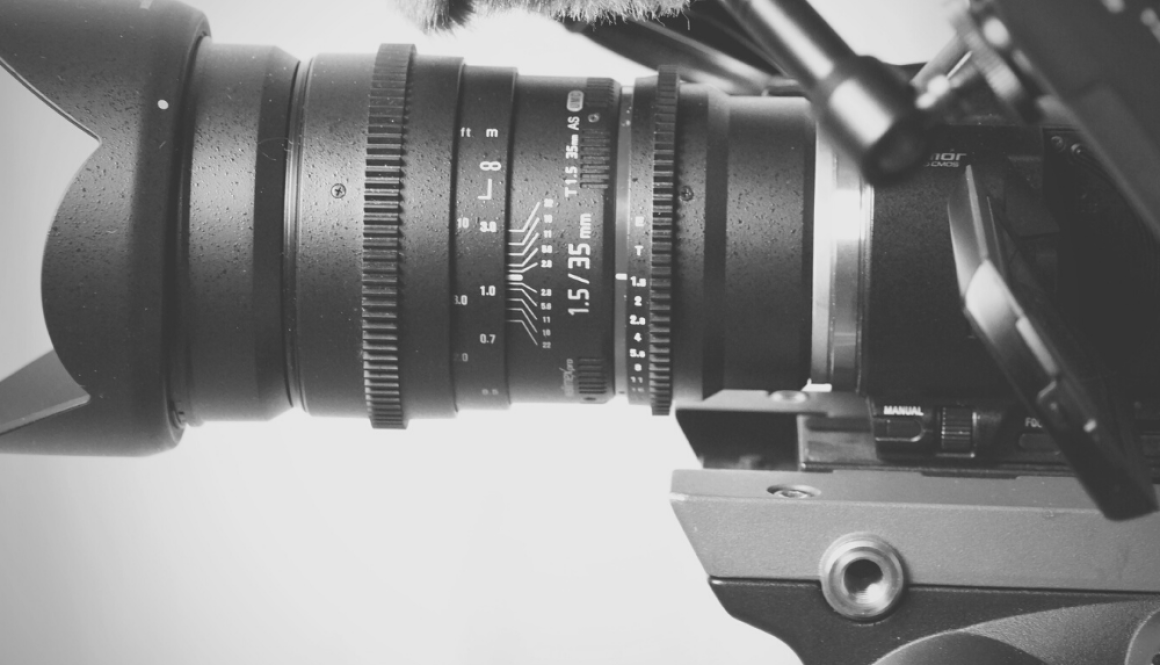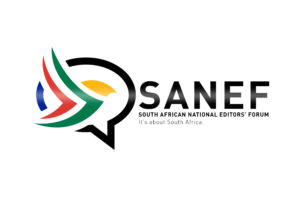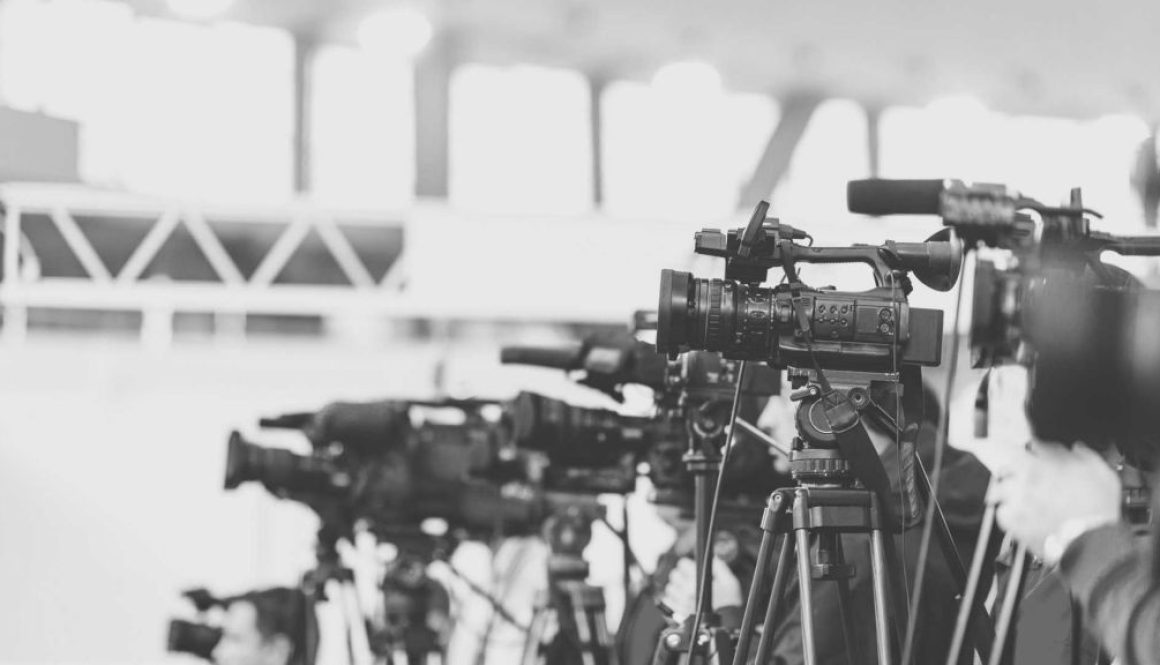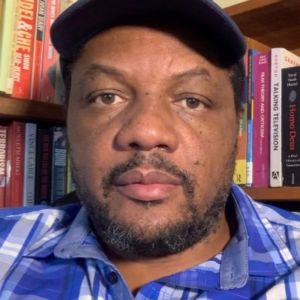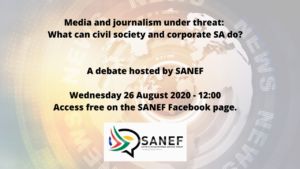SANEF condemns harassment of a journalist by Fountains Mall Management in Jeffreys Bay

The South African National Editors’ Forum (SANEF) condemns the harassment of a Rhodes University journalism student, Catherine White by Fountains Mall management in Jeffreys Bay today.
At the time the country is fighting for media freedom and access to information it is unacceptable that Fountains Mall management sought to deny a journalist from reporting on the Economic Freedom Fighters’ protests against Clicks Pharmacies.
In a video she posted on her company’s “Cat White Media” Facebook, the mall’s staff is seen pushing and forcefully refusing her the right to do her work, arguing that the presence of the media would fuel the situation. White has filed a case of assault against the mall management.
The video is worrying evidence that suggests that there are some businesses that exacerbate the negative attitude and perception against journalism. Their actions deny journalists access to information and bring into question their commitment to the constitution of the country, which guarantees journalists and media workers the right to make a living through exercising their constitutional rights to freedom of expression, access to information and freedom of the media.
SANEF compliments the EFF supporters that stepped in and defended the journalist who was being shoved and pushed out of the Mall. We note this intervention whereas EFF supporters elsewhere have played a different role.
SANEF believes that without freedom of expression, and particularly freedom of the press, it is impossible to create an informed, active, and engaged citizenry. In a climate where journalists are safe, citizens find it easier to access quality information, and many objectives of a democratic society are possible such as gender equality, justice, and a culture of human rights.
NOTE to Editors: The South African National Editors’ Forum (SANEF) is a non-profit organisation whose members are editors, senior journalists and journalism trainers from all areas of the South African media. We are committed to championing South Africa’s hard-won freedom of expression and promoting quality, ethics and diversity in the South African media. We promote excellence in journalism through fighting for media freedom, writing policy submissions, research and education and training programmes. SANEF is not a union.
For more information please contact:
- Sbu Ngalwa – SANEF Chairperson (073) 404-1415
- Adriaan Basson – SANEF Deputy Chairperson (082) 562-2113
- Mahlatse Mahlase – Secretary General (083) 399-2852
- Nwabisa Makunga – Treasurer (082) 555-1972
- Mary Papayya – SANEF Media Freedom Chair (082) 379-4957
- Judy Sandison – SANEF KZN Convenor (082) 571-3334
- Katy Katopodis – SANEF Gauteng Convenor (082) 805-7022
- Chiara Carter – Eastern Cape Convenor – 082 659 9162
- Kate Skinner – SANEF Executive Director – (082) 926-6404
Socials
Twitter: @SAEditorsForum
Email: [email protected]
Website: SANEF

